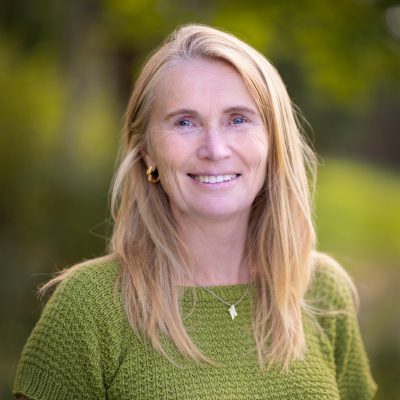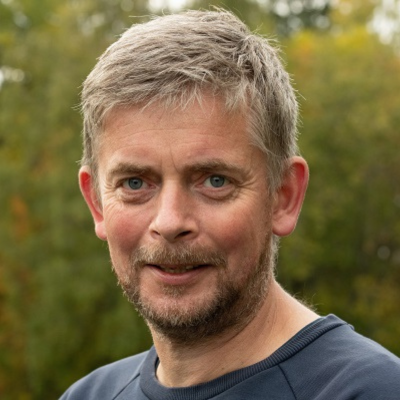
Trude Havik, PhD in special education, is an associate professor at the Norwegian Centre for Learning Environment and Behavioural Research in Education, University of Stavanger. Her research work is about school non-attendance, and related topics like classroom interactions, learning environment, bullying, and school engagement. She teach at different levels, work in partnership with schools and municipalities, lectures and participate in the public debate about school and related topics.

Jo works as an Associate professor at the Regional center for child and youth mental health at the Norwegian university of science and technology (NTNU). He is into research that covers emotional problems in children and youth including school attendance problems. He hold a PhD in Clinical Psychology.
Information in the menus below was updated in November 2021. To contribute information that may be of interest to others in your country, please contact your country’s hosts: Trude Havik (trude.havik@uis.no) or Jo Magne Ingul (JoMagne.Ingul@helse-nordtrondelag.no).
For non-profit
For profit
Videos from Stavanger municipality (information about school refusal for parents and youths): here and here.
Webpages, information and resources about school non-attendance and ADHD, Tourette, and autism here.
Conceptual analyses article: Havik, T. & Ingul, J.M. (2021). How to Understand School Refusal. Frontiers in Education.
2020: Amundsen, M-L., Herrebrøden, M., Mjøberg, A.G., & Rosenberg, C. (2020). Skolens møte med elever som strever med skolevegring. Psykologi i kommunen nr. 2 2020
2019: Amundsen, M-L. (2019). Når skolen svikter. Psykologi i kommunen. ISSN 1892-3364.64(7).
2017: Heimonen, Aaboen Sletten, Tøge, Gyüre, Borg, Alves (2017). The Cluster-randomized Evaluation of the IKO-model (IKO). Systematisk frafallsforebygging i videregående skole – en evaluering med klyngerandomisert design: Andre underveisrapport 2.
Absence rates

The International Network for School Attendance (INSA) promotes school attendance and responds to school attendance problems. We compile, generate, evaluate, and disseminate information, assessment, and intervention strategies.
© Copyright 2025 INSA Network. All Rights Reserved. Website by Healthy Digital.